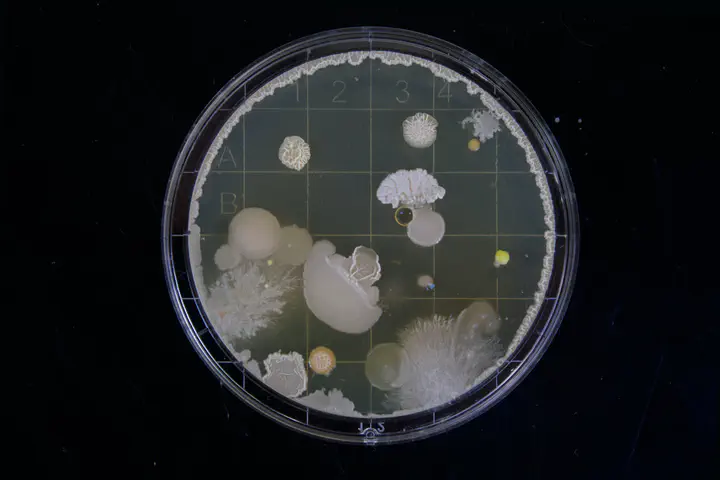Select and evolve microbiomes to implement novel functional traits

We use experimental evolution to shape microbiomes that enhance specific traits in plants.
Microbes can help plants grow faster, resist pests, tolerate drought, and more. But what if we could guide microbial communities to make them even more helpful to plants? In this project, we’re taking inspiration from plant breeding—but instead of selecting plants, we’re selecting microbiomes. By growing plants under specific conditions and transferring their best-performing microbiomes generation after generation, we can “evolve” microbial communities with enhanced traits.
This approach, known as microbiome engineering or microbiome selection, is a promising new frontier in plant science. It allows us to shape microbial communities without needing to genetically modify either the microbes or the plants themselves. Over time, we aim to develop microbial mixtures that can consistently improve plant health in specific environments.
If successful, this strategy could revolutionize agriculture by offering tailored, eco-friendly microbiome solutions for different crops and climates. It opens a new path to sustainable food production, especially in areas facing environmental challenges like drought or poor soil quality.